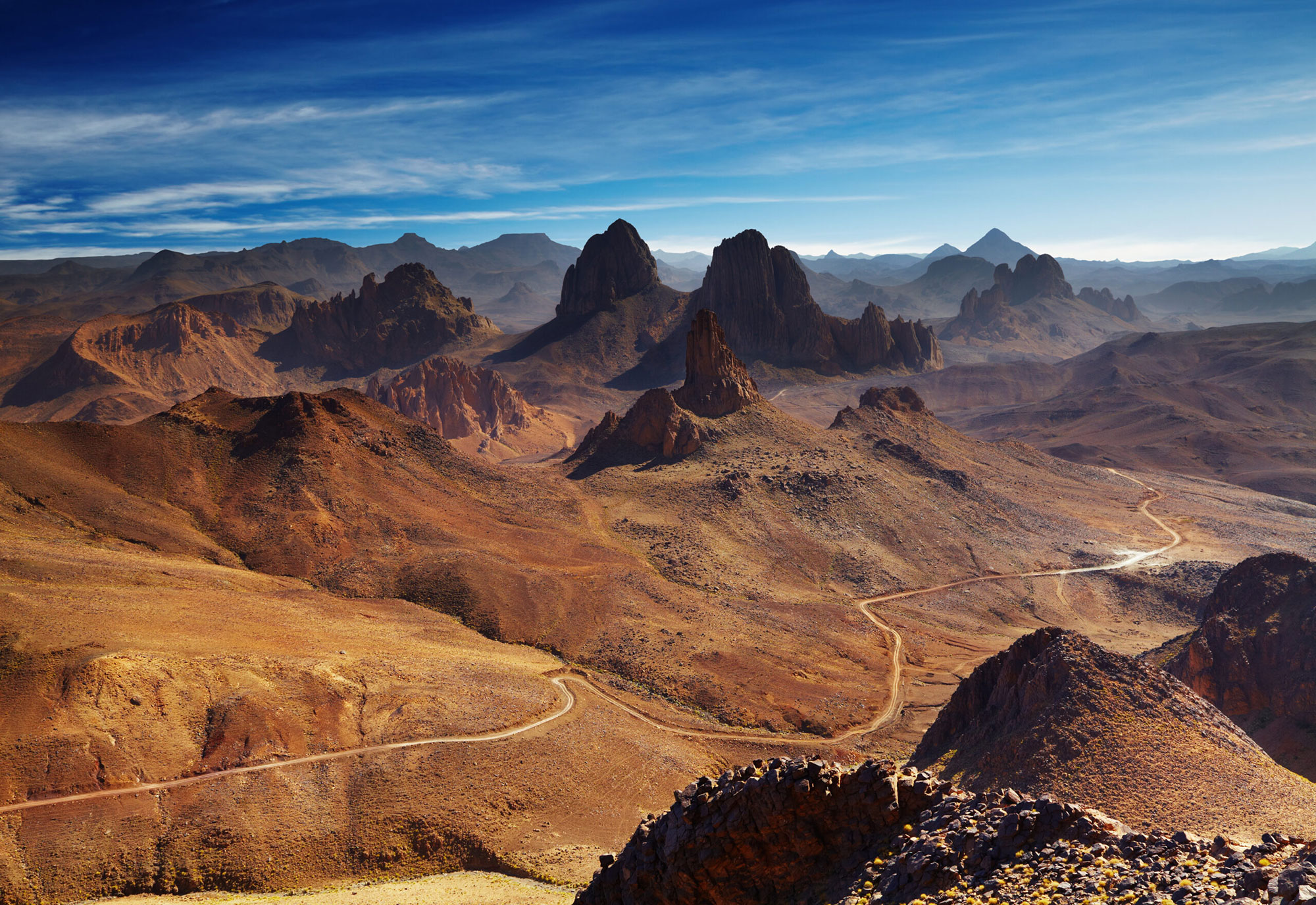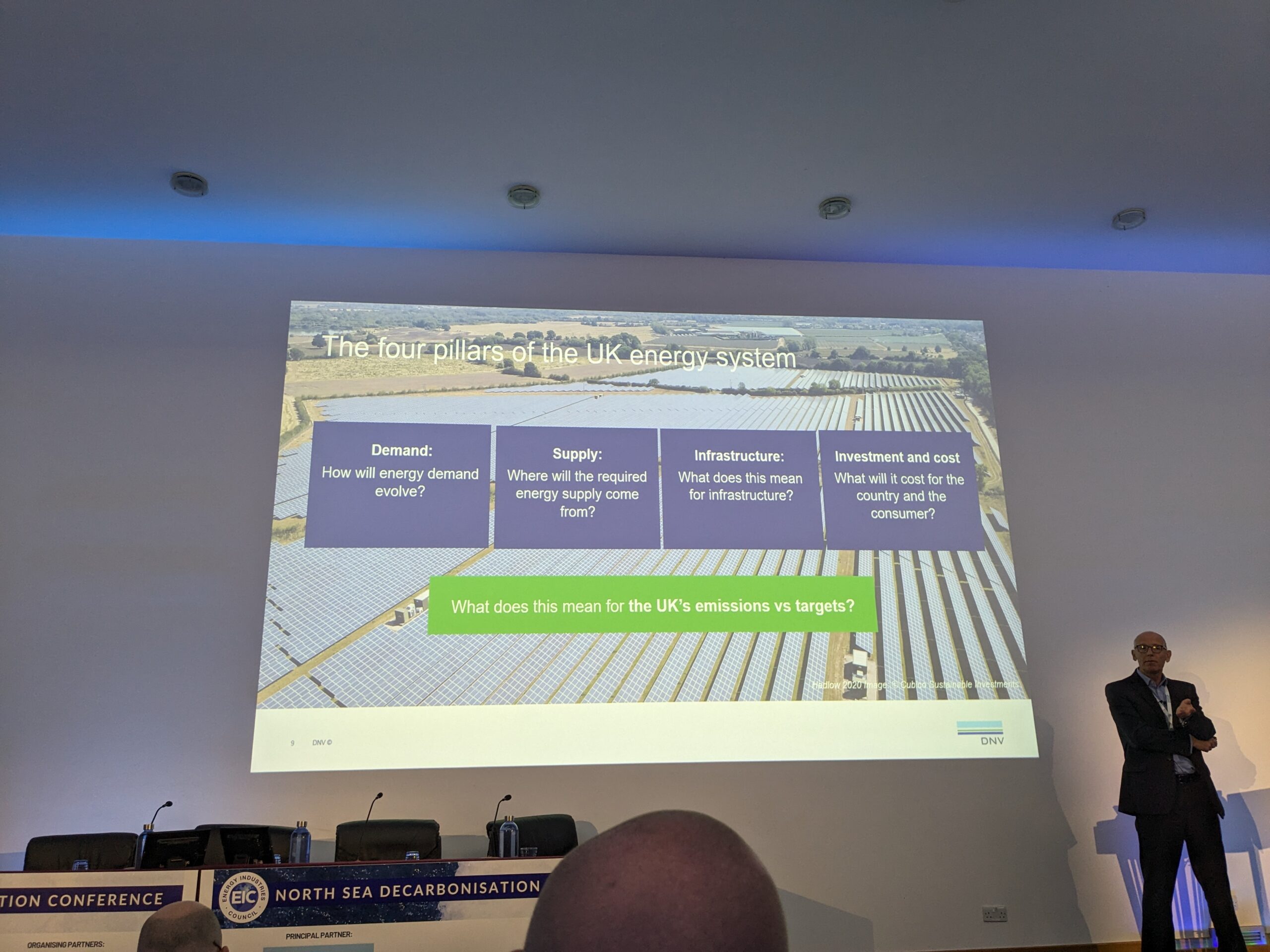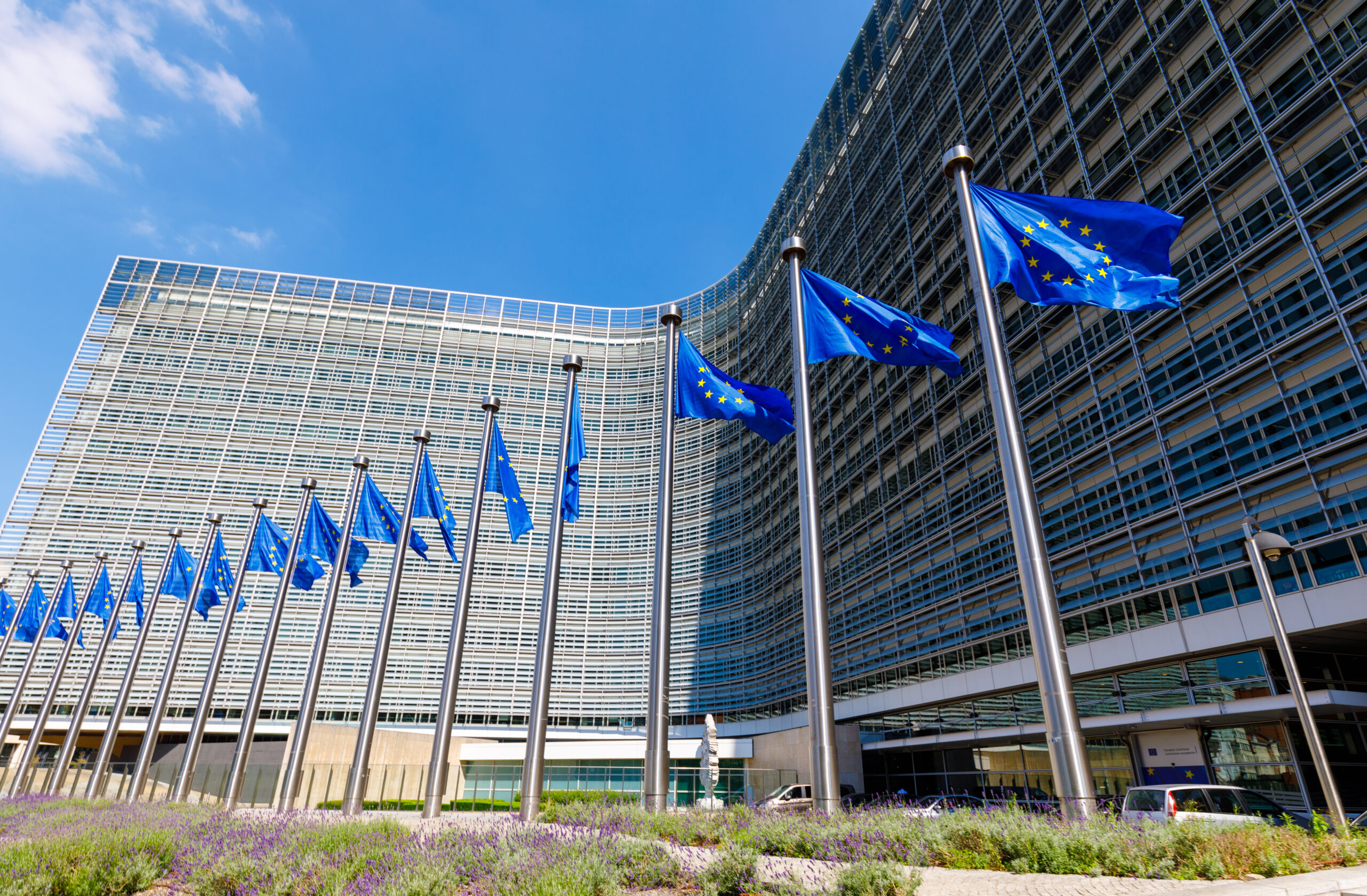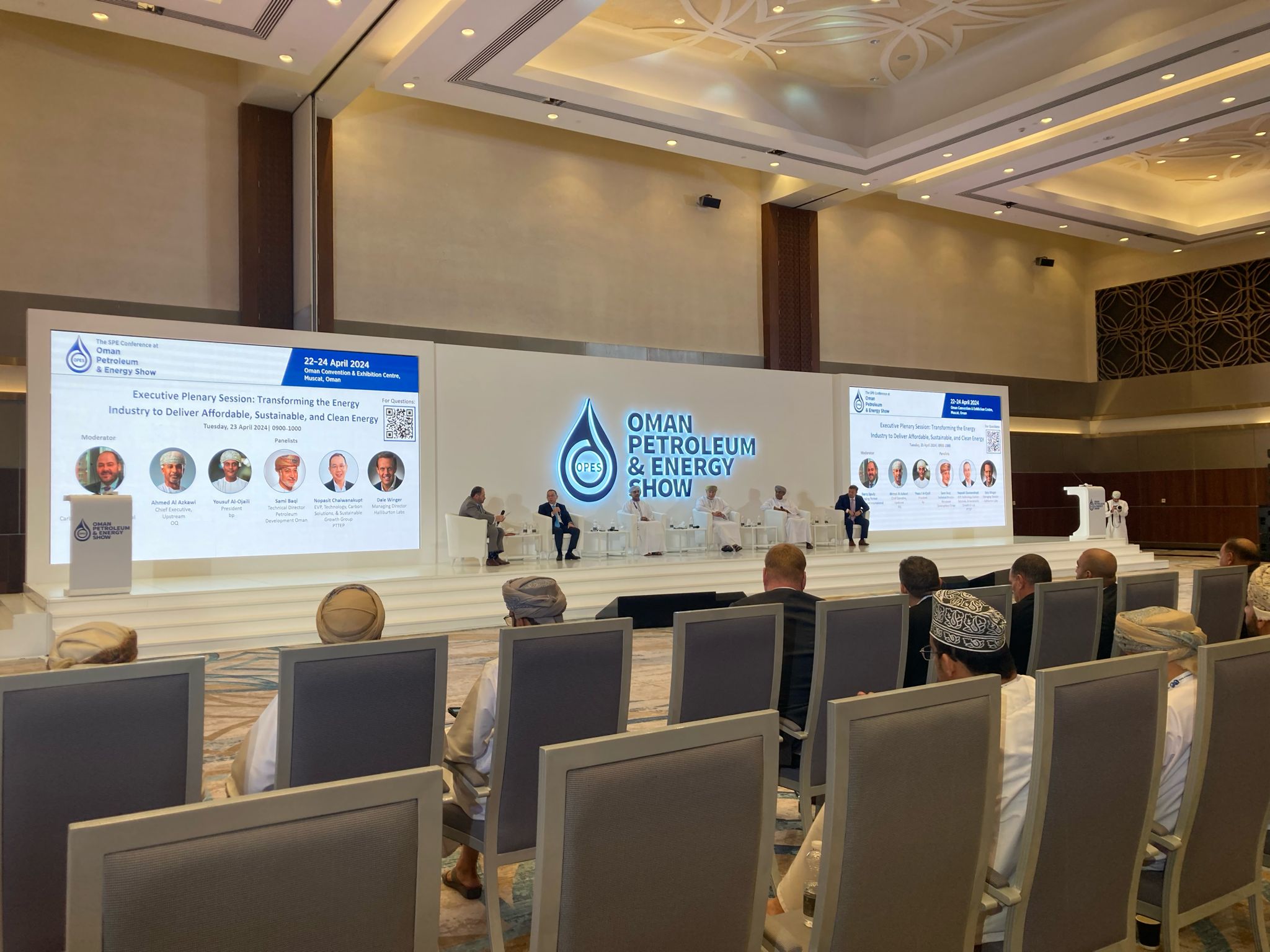Can Algeria’s solar segment shine brighter after its latest tenders?
The two tenders formed part of Algeria’s national plan to install 15,000 MW of solar capacity by 2035.

With the role of Algeria as one of Europe’s top pipeline gas suppliers having proven key since the start of the Russia Ukraine war, the North African nation is now trying to catch up with the energy transition.
Efforts to boost its renewable energy capacity resulted in two tenders for a total of 3GW in Algeria in late 2023. The country also created a new roadmap for the development of hydrogen, at a time of shifting energy geopolitics. But despite huge potential, on the ground, the country is still grappling with creating an effective commercial and regulatory environment to boost investors’ appetite.
In Dec. 2023, state-owned electricity company Sonelgaz selected 41 bids from project developers — out of 43 — as part of a tender calling on investments from local and international entities and for the development of 1000 MW of solar PV projects under its “Solar1000 MW” initiative. According to state-owned agency Algeria Press Service, five Algerian companies partnering with foreign companies were selected for 13 bids, while another 11 foreign companies – including from China and Turkey – were selected.
The projects will cover the development of five solar PV sites across five ‘wilayas’ (provinces) for capacities from 50 to 300 MW, in addition to the development of dedicated grid lines to connect the new sites to the national power grid.
Before that, in July, 90 bids out of 140 were selected for the development of 15 solar PV plants across 12 wilayas, with capacities ranging from 80 to 220 MW, and with associated connection cables to the grid.
Energy cooperation
The two tenders formed part of Algeria’s national plan to install 15,000 MW of solar capacity by 2035. The tenders also coincided with a strengthening of Algeria’s ties with foreign partners. In Oct. 2023, as part of a strategic energy MoU with the EU signed in 2013, Algiers and the EU agreed to pool €15 million to support a cooperation programme for the development of renewable energy projects, their integration into the existing grid, the development of a green hydrogen economy, as well as for improving energy efficiency in the building sector. The package will also cover cooperation for climate change mitigation efforts including through the reduction and recovery of methane emissions in the oil and gas industry.
Under its roadmap for the development of hydrogen unveiled in March 2023, Algiers said it would aim to develop and export 30 to 40 billion kWh of green and blue hydrogen, and supply around 10% of the Europe’s needs by 2040. In addition to other variables, much of this roadmap would depend on international and strategic partnerships to attract the necessary foreign finance and execute the projects on the ground, according to the Algerian government.
This energy cooperation with the EU is also firmly rooted in the recognition of Algeria’s historic role as a major gas supplier, especially in the wake of the Russia-Ukraine war. For Algeria, in the current geopolitical landscape, this collaboration is a way to further solidify its position and influence as a key player, not just in the energy sector, but also on the international scene, both regionally and globally. Since Jan. 1st, 2024, Algeria has also taken on the role of non-permanent member of the United Nations’ Security Council, a position it will keep until Dec. 31st, 2025.
Because of its history, Algeria has long seen itself as an essential diplomatic player and broker, a strength it is likely to try and leverage for some key themes. “We can expect to see Algiers push for a resolution of the conflict in Israel and Palestine – with a focus on the Palestinian component; for a return to discussions on Sahrawi self-determination in the Western Sahara; for a renewed role for Algeria in Mali; and last but not least, a clearer role in the energy transition as a reliable source of gas and renewables to Europe through investments,” Geoff Porter, managing director of North Africa Risk Consulting, told Gas Outlook.
However, diplomatic efforts will unlikely be enough. Algeria’s renewable capacity remains small, at around 460 MW. With huge, untapped potential for solar and wind energy, Algeria has for many years said that creating a home-grown renewable energy industry would allow it to meet rocketing domestic power demand, save gas molecules for exports and create jobs.
But it has struggled to attract investment, partly because of delays in proposing and creating a regulatory and contractual framework that attracts private investors. For Porter, the lack of visibility over a suitable price for renewable electricity has been a challenge in the past due to the dominance of electricity subsidies. Sonelgaz itself has been running on a huge deficit for years and had to tap into the government’s funds to be able to invest in plants’ upgrade and stabilise the national grid.
EPCs versus IPPs
Under the recent tenders, contracts have yet to be finalised in the form of a turnkey Engineering, Procurement and Construction (EPC) agreement with Sonelgaz, marking a departure from previous plans by the government to develop Independent Power Projects (IPPs). The adoption of EPC contracts has been largely criticised, including by Algerian renewables experts, who have warned about the lack of transparency and of competitiveness of this model both in the short and longer-term.
Under the EPC terms, the selected companies are required to install the new plants over a two-year period, with Sonelgaz paying a one-off amount for their construction and local content requirements. But beyond that, the company would be left without guarantees or support for the farms’ operations and maintenance. Importantly, there would be no visibility or agreement over the price of electricity per volume in the long term, as would have been the case under IPPs, a model which is widely adopted on the global renewables market.
Critics also say EPCs can create huge risks of cost overruns and further strain the government’s public treasury. EPCs are also described as a missed opportunity to phase out subsidies, since IPPs can now offer prices up to four times cheaper than Algeria’s subsidised prices, due to the reduction of renewable energy’s costs on global markets, according to one source specialised in developing renewable energy projects.
This can have repercussions on the competitiveness of any future green hydrogen output in Algeria since the large majority of green hydrogen projects designed for exports abroad, including to neighbouring Morocco and Tunisia, would be supplied by IPP-structured solar and wind power projects, the source deplored.



